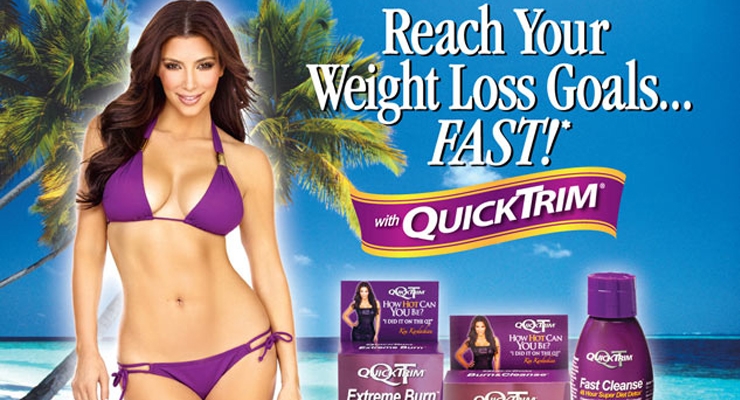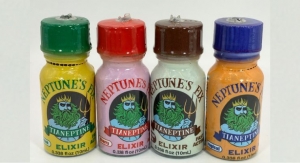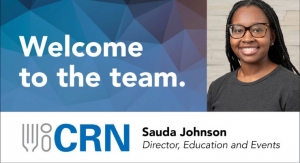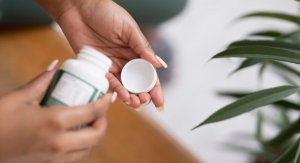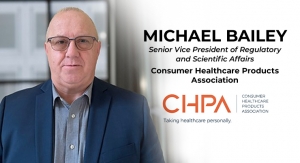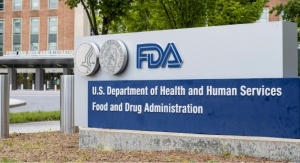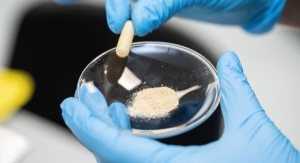Lisa Olivo, Associate Editor08.24.15
Celebrity endorsements within the health and wellness space have become increasingly common in recent years, for products and services ranging from supplements, to meal plans, to cleanses and more. Models, actors and athletes—who often have enviable and healthy-looking physiques as a result of winning the genetic lottery rather than ingesting a particular product—are used to promote brands and lifestyles promising health, beauty, and weight loss, among other benefits. But these stars, while beloved by the public, are not medical experts and could be leading consumers astray. Furthermore, they are seeing big profits from these promotional partnerships. Are consumers being duped, or worse, harmed by the promise of celebrity-backed dietary supplements and health services?
Kim Kardashian, reality TV star and professional buzz generator, who in the past was sued as part of a class action lawsuit for false and misleading claims made while endorsing the QuickTrim weight loss line of supplements, recently made headlines for publicly promoting the morning sickness drug Diclegis to her 42 million Instagram followers. Ms. Kardashian’s gaffe resulted in a stern warning letter from FDA for misleadingly failing to “provide material information about the consequences that may result from the use of the drug and suggest[ing] that it is safer than has been demonstrated.”

Country crooner and Grammy-winner LeAnn Rimes in a recent Into The Gloss interview outlined her health regimen, and discussed her daily use of a whopping 40 dietary supplements on a daily basis. Ms. Rimes was quoted as saying, “I’m a big vitamin person. I take like 20 pills in the morning and 20 at night—fish oil, prenatal vitamins, probiotics, biotin...I have an herbalist I work with who has put me on a bunch of different things. I’m very strict about making sure I take them.” While it’s somewhat encouraging that she’s consulting a professional about her wellness routine, the interview raised eyebrows among those who see this as excessive, and potentially dangerous supplement usage.
Hollywood starlet and GOOP founder and chief creative officer Gwyneth Paltrow is known for her sometimes outlandish and unconventional health recommendations on her lifestyle website, ranging from diet tips, to the latest cleanse and detox fads, to recommending vitamins and supplements. The site recently promoted the CLEAN cleanse by Dr. Alejandro Junger, which is touted as a 21-day program to help users “Feel better, look younger and live longer.” The company’s site prominently features a testimonial from Ms. Paltrow claiming the 3-week program (available for just $425!) “works wonders.” While detox cleanses are a popular health trend, particularly in the functional beverage space, many critics see them as dangerous crash diets in disguise.

No doubt, supplements can and do help users fill nutritional gaps and improve health. But it’s concerning that paid-for social media plugs, or unsolicited medical advice by A-listers can mislead consumers to patronize products, companies or health fads that may be ineffective, unproven or even dangerous. Furthermore, it’s disturbing that in our celebrity-obsessed culture, such endorsements seem to mean more than backing by peer-reviewed clinical research or the sound advice of a licensed medical practitioner.
Lets be honest—those being wooed by star-backed supplements are most likely looking for a quick fix for being overweight, unhealthy and unhappy. But as leaders in the industry often remind us, dietary supplements are not “magic pills.” They’re meant to help support healthy lifestyles, along with nutritious and mindful eating, and regular exercise.
Hopefully advocates in the industry will help counter this harmful celebrity trend by better educated consumers in ways that are applicable to their daily lives, be it through social media, in the traditional press, or on the web. Good science lauding the many benefits of supplement use is out there, and plentiful! Consumers should be looking to this information, and consulting their doctors, rather than relying on the paid-for praise of celebrity endorsers.
Kim Kardashian, reality TV star and professional buzz generator, who in the past was sued as part of a class action lawsuit for false and misleading claims made while endorsing the QuickTrim weight loss line of supplements, recently made headlines for publicly promoting the morning sickness drug Diclegis to her 42 million Instagram followers. Ms. Kardashian’s gaffe resulted in a stern warning letter from FDA for misleadingly failing to “provide material information about the consequences that may result from the use of the drug and suggest[ing] that it is safer than has been demonstrated.”
Country crooner and Grammy-winner LeAnn Rimes in a recent Into The Gloss interview outlined her health regimen, and discussed her daily use of a whopping 40 dietary supplements on a daily basis. Ms. Rimes was quoted as saying, “I’m a big vitamin person. I take like 20 pills in the morning and 20 at night—fish oil, prenatal vitamins, probiotics, biotin...I have an herbalist I work with who has put me on a bunch of different things. I’m very strict about making sure I take them.” While it’s somewhat encouraging that she’s consulting a professional about her wellness routine, the interview raised eyebrows among those who see this as excessive, and potentially dangerous supplement usage.
Hollywood starlet and GOOP founder and chief creative officer Gwyneth Paltrow is known for her sometimes outlandish and unconventional health recommendations on her lifestyle website, ranging from diet tips, to the latest cleanse and detox fads, to recommending vitamins and supplements. The site recently promoted the CLEAN cleanse by Dr. Alejandro Junger, which is touted as a 21-day program to help users “Feel better, look younger and live longer.” The company’s site prominently features a testimonial from Ms. Paltrow claiming the 3-week program (available for just $425!) “works wonders.” While detox cleanses are a popular health trend, particularly in the functional beverage space, many critics see them as dangerous crash diets in disguise.
No doubt, supplements can and do help users fill nutritional gaps and improve health. But it’s concerning that paid-for social media plugs, or unsolicited medical advice by A-listers can mislead consumers to patronize products, companies or health fads that may be ineffective, unproven or even dangerous. Furthermore, it’s disturbing that in our celebrity-obsessed culture, such endorsements seem to mean more than backing by peer-reviewed clinical research or the sound advice of a licensed medical practitioner.
Lets be honest—those being wooed by star-backed supplements are most likely looking for a quick fix for being overweight, unhealthy and unhappy. But as leaders in the industry often remind us, dietary supplements are not “magic pills.” They’re meant to help support healthy lifestyles, along with nutritious and mindful eating, and regular exercise.
Hopefully advocates in the industry will help counter this harmful celebrity trend by better educated consumers in ways that are applicable to their daily lives, be it through social media, in the traditional press, or on the web. Good science lauding the many benefits of supplement use is out there, and plentiful! Consumers should be looking to this information, and consulting their doctors, rather than relying on the paid-for praise of celebrity endorsers.

